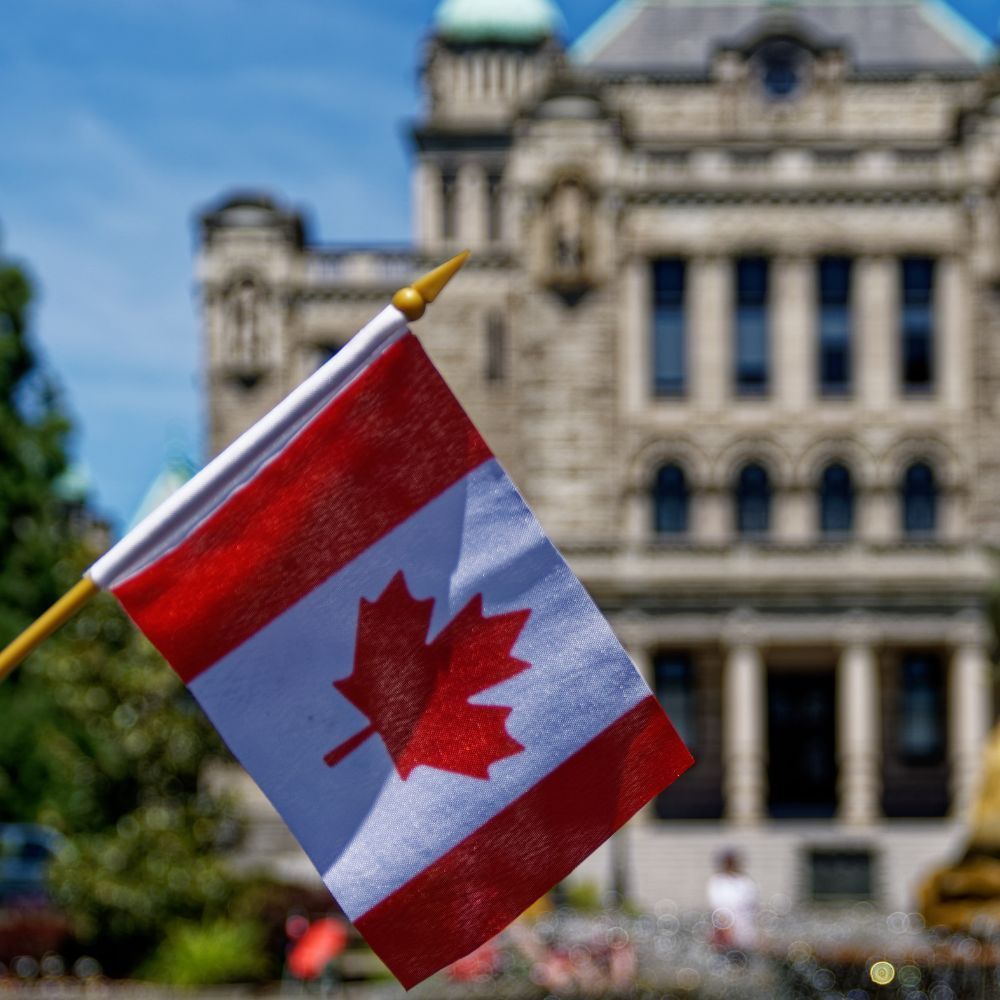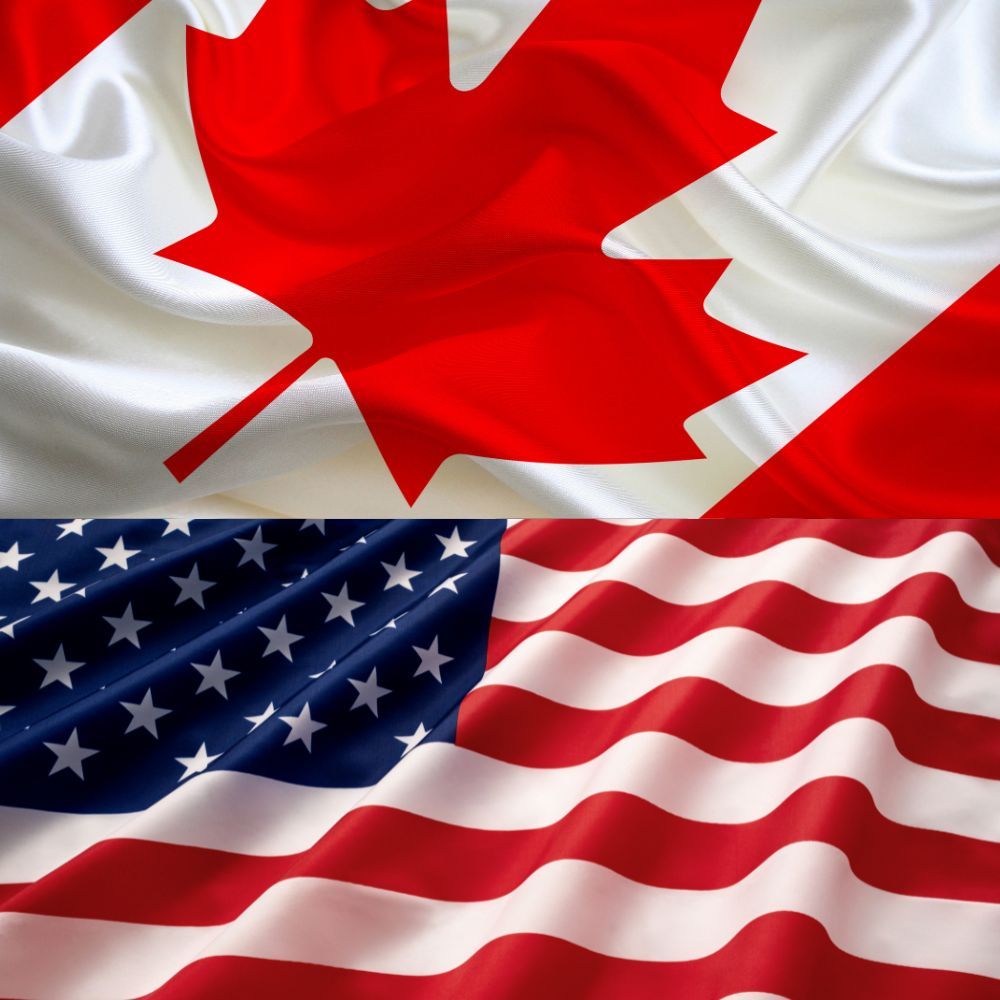Get Ready: Unhappy Years Ahead
If you think the childish behavior of our politicians, lack of respect the world has for Canada, the huge gulf that yawns between progressives and right-wing believers, the polarizing hate and anger that infect political discourse here and the unheard-of disconnect between the national government and the people is a passing phenomenon, think again. Canada is in for a period of political and social disruption for the long haul.

First and foremost is the unbelievable spectacle of parliament, reduced to nonstop slogan shouting and personal mudslinging as never before. Facing an empty policy opposition determined to force an “Axe the Tax” election, and a dangerously unpopular Prime Minister fighting back for the runway to save his political life, our democracy has degenerated into a kindergarten of brawling kids that, as one observer pointed out, could only be tamed by a good kindergarten teacher. An anticipated early election would simply amplify this behavior. The deep antipathy the parties have for each other will make this the meanest election ever.
It is predictable that we will remain in an era of very deep divisions for some time to come. A recent Angus Reid Institute poll showed that ‘Extremism’ and ‘polarization’ have become common terms framing the discussion of Canada’s political scene. Many right-leaning Canadians see this as a fight between good and evil. As federal political parties take turns labelling the other as extremists, there is widespread belief that political options are abandoning the middle. The Angus Reid study found one-in-three (36%) Canadians believe “all the political parties are too extreme
in their views”. Approaching half (47%) of those who place themselves in the middle of the political spectrum say they “feel like a political orphan”, making them the most likely to hold this view.
Meanwhile, the government bravely tries to eke out modest policy solutions to help economically challenged Canadians, such as recently extending mortgage payback to 30 years. Its Ministers harp back to accomplishments such as the Canada Child benefit which has lifted 450,000 kids out of poverty and $10 a day childcare, and the more recent Canadian Dental Care Plan. These positive Liberal measures fall on deaf ears, as does the fact that 80% of Canadians make more in rebates than the national carbon pricing regime costs them. The PM puts on a good face while he and his party slip below the NDP in voter intention in English Canada, and the Bloc threatens the Liberals in Quebec. We have never seen the level of vitriol directed at our unpopular PM with trucks bearing the f____ Trudeau often seen and shouting crowds dogging his appearances, to the extent his public plans are kept secret until the last moment. This is unprecedented.
Now, with regular Conservative non-confidence motions being proposed, it seems only a matter of time before we have an earlier election than expected, when the NDP had an agreement not to defeat the government. Captain Trudeau will then sink with the Liberal ship, which has hit a rock and is going down, unwilling to make the big changes which alone might revive their fortunes. Also there will unlikely be time for him to gracefully bow out and for the Liberals to elect a new leader. In any case, as one former speechwriter of his said, he could hear him saying “we’re not
changing course at the 11 th hour just because of some really bad polls.”
So, one likely result is that Trudeau resigns only after a defeat at the polls, and a subsequent convention produces a new leader who does not wear the defeat. This is probably more desirable for rebuilding the Liberal brand than having a new leader coming out of a bad electoral defeat. But what kind of a political situation under Poliviere with a weakened Liberal opposition can we expect? The major issues that beset Canada are unlikely to go away. If, as the conservatives constantly claim, all Canada’s woes land at the door of Trudeau, will getting rid of him miraculously turn things
around? Come on.
“Axe the carbon tax” is the rallying cry for an election, with it being claimed that its further imposition will cause an economic “nuclear winter”. Getting rid of it will not solve anything but will make Canada look like a climate-change chump in the eyes on many of our allies. “Axe the tax, build the homes, fix the budget, stop the crime and bring it home” are the “common sense” slogans he will operate on. Closer to an election – which could be a few weeks away – we are promised some meat on these bare bones. Nothing yet.
We remain an embarrassment to NATO in staying so far from our commitments at a time when the war in Ukraine’s stalemate haunts us all. We have no clear idea whether a Conservative government would invest more in defense beyond his office saying they would “work toward” meeting the NATO commitment. So, the damage to our international reputation will continue for many years.
As will our inability to meet the huge increase in demand for housing. CHMC estimates that nearly 3.5 million homes need to be added between 2021 and and 2031. Dream on. Desjardins’ economists concluded in a recent paper that the “fire hose” of Liberal government measures to boost home-building will not really have a major impact on the supply of homes – and therefore home prices – for three or four years. “What Canadians
want are policies that will increase incomes or make it easier to buy a home”, Greg Lyle president of Innovative Research Group recently told the CBC. “None of those things get solved in four months or maybe even four years.” A CIBC report released last spring found 76 per cent of Canadians who aren’t homeowners feel entry into the housing market is out of reach. A grim outlook, for young people especially. Poliviere announced his plan to increase housing last fall by making cities responsible for increasing the number of homes built by 15 per cent each year — a rate that he said might alleviate the housing crunch. Local governments that failed to meet that target would see their federal grants withheld. The plan
was immediately slammed by Canada’s mayors.
Meanwhile new housing starts have slowed despite new government funding. In spite of Canada's growing population, the CMHC confirmed that housing starts decreased by 9 per cent in June, 2024. On top of this, when compared to June of 2023, housing starts last month had decreased by 13 percent. Lower supply for higher demand. Not good. As for affordable housing the 2023 budget failed to address a crisis that is leading to more homelessness than Canadian communities have ever experienced.
There is little good news when we look at Canada’s overall economic prospects. Our low productivity has been called an “emergency” by the Bank of Canada. According to the latest data available from the Organization for Economic Co-operation and Development, Canada ranks 29 th among 38 OECD countries in labor productivity. despite being one of the best countries in the world to live in. Canada's workforce is among the most educated in the world but quarterly data published by StatsCan in June 2024 confirms Canadian workers are continuing to underperform compared to our neighbors to the south. "If we don't address productivity and start doing it very quickly ...our living standards — in relative terms to some of the more successful countries in the world — will continue to decline," Derek Holt, vice president and head of capital markets
economics at Scotiabank told CBC recently. Lower productivity also diminishes Canada's competitiveness and makes it more difficult to bring inflation under control, "because essentially workers are getting paid more for producing less," he said. So far no federal party has seen fit to address this basic issue facing the Canadian economy.
A polarized disputatious country with little ability to solve our most serious economic issues in the medium term. Unhappy days ahead indeed.
Patrick Gossage Insider Political Views




